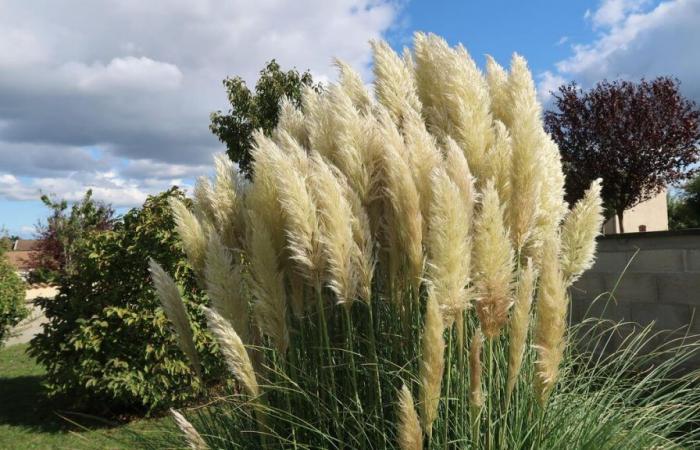David’s Buddleja (butterfly trees), pampas grass, palm laurel, witch’s claws, triquate-stemmed garlic… Non-endemic species, initially purchased in garden centers, they are found everywhere on the coast of Finistère and suffocate local species. Their rapid spread contributes to the decline of biodiversity and can even have impacts on human health. In all, around a hundred varieties of plants classified as “invasive exotic species” are currently proliferating on the Finistère coast, where they are multiplying… like quackgrass.
This is why elected officials from Finistère have decided to act to raise awareness among as many people as possible, and particularly the communities of communes of Cap-Sizun, Douarnenez community and Haut Pays bigouden (Finistère), who have just jointly published a booklet for accelerate this fight against their proliferation. A collective initiative of around fifteen explanatory pages, illustrated in a naturalistic way, which helps raise awareness among residents and inform them about what to do to get rid of these plants.
Species “which weaken the natural habitats of wildlife”
“This brochure had already been published in Pays d’Iroise, we based it on that,” explains Erwan Stricot, Natura 2000 facilitator and manager of the Cap-Sizun site, player in the project. “We often talk about the Asian hornet in terms of fauna, but we mainly base it on plant species – around twenty in total. Here, we have a rich and threatened biodiversity, but we find ourselves more and more with this type of species which stifle the presence of others – endemic, in this case – and which weaken the natural habitats of the wildlife…”
For example, pampas grass, in the photo at the top of this article, can produce up to 10 million seeds per plant and spread them over a distance of up to 20 km… Starting from private gardens, therefore , these species come to establish themselves in the most fragile natural spaces, to the detriment of those which are already established there naturally.
With the help of the Brest National Botanical Conservatory, this little booklet, “Stop invasive exotic species”, was printed in 1,000 copies and is available on the websites of the communities of municipalities concerned. A first step before official action, in concert with state services, which Erwan Stricot hopes will happen soon.






